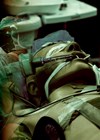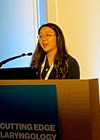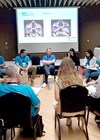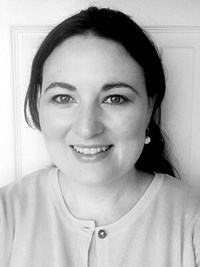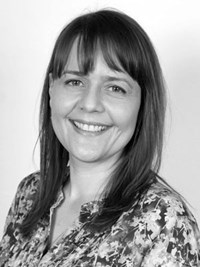Trainee Matters
Making the most of your surgical rotations as a medical student in theatres
This article provides practical tips for medical students to navigate theatre etiquette, engage with teams and gain valuable surgical experience. I am the kind of person who needs a set of alarms ringing every two minutes just to get out...
Apprenticeships in audiology: an option to earn while you learn
Changing careers later in life can be daunting. Beverley and Darren reflect on their experience completing an apprenticeship in audiology, and provide advice for prospective apprentices. Beverley Philip, Associate Practitioner, NHS Fife, UK. Could you share a bit about your...
Young ELS: a fresh voice and community for the next generation of laryngologists
See also: YCOHNS: over 30 years of supporting the next generation of ENT consultants At the European Laryngological Society (ELS) Congress in May 2025, Young ELS – a vibrant new network for trainees, ENT specialists and researchers with a keen...
YCOHNS: over 30 years of supporting the next generation of ENT consultants
See also: Young ELS: a fresh voice and community for the next generation of laryngologists The Young Consultants in Otolaryngology and Head and Neck Surgery (YCOHNS) was established over 30 years ago by a group of young ENT consultants including...
SmartVS™: revolutionising audiology education with virtual simulation
Professor Brown introduces the Smart VS™ simulation system developed during the 2020 pandemic to support students in gaining experience without direct patient interaction. Universities have been training audiologists essentially the same way for the past 40+ years. It’s time to...
The impact of dyslexia and neurodiversity on training and work – real-world consultant experiences
Awareness of dyslexia and its challenges in ENT training may enhance support for future trainees and trainers alike. Receiving a diagnosis of dyslexia or neurodivergence can be daunting, especially for a resident doctor with aspirations to pursue an ENT career....
Higher Specialist Scientist Equivalence route
Navigating the path to Higher Specialist Scientist Equivalence can be challenging. Susannah Goggins shares her experience, insights and tips for a successful application. Professional background After a BSc degree in physiology through the University of Leeds in 2002, I knew...
British Laryngological Association – Cutting Edge Laryngology 2024
It’s always good to know which conferences are the best for trainee experience. Here, Valerie Kim reveals why BLA Cutting Edge was so worthwhile. I had a wonderful time attending the British Laryngological Association (BLA) – Cutting Edge Laryngology Conference,...
Illuminating ear education: building interactive models to enhance inner ear understanding
Understanding the anatomy and function of the inner ear, particularly the vestibular apparatus and cochlea, is fundamental to audiology and otolaryngology education. However, the complex geometry and intricate functional relationships of these structures challenge us to find clear ways to...
Heard it all? Why leadership takes ENT training beyond the scalpel
Leadership in ENT training shapes registrars into team leaders in wards and theatres. It’s not just a CV point; it’s essential for effective patient care and team management. Leadership is a term that is present throughout ENT training. Even before...
CEORL-HNS Academy
The CEORL-HNS Academy exists to improve and update knowledge and skills among ORL-HNS residents and young specialists, aiding in their preparation for national and international exams. Exam preparation is sweeter if it can be done in the beautiful surroundings of...
The experience of being a new ENT SHO
In this article, Matt Donachie shares insights on the daunting yet enjoyable experience of starting as an ENT junior doctor, offering valuable advice. Starting your first job as a junior doctor in any specialty in the UK can be a...



